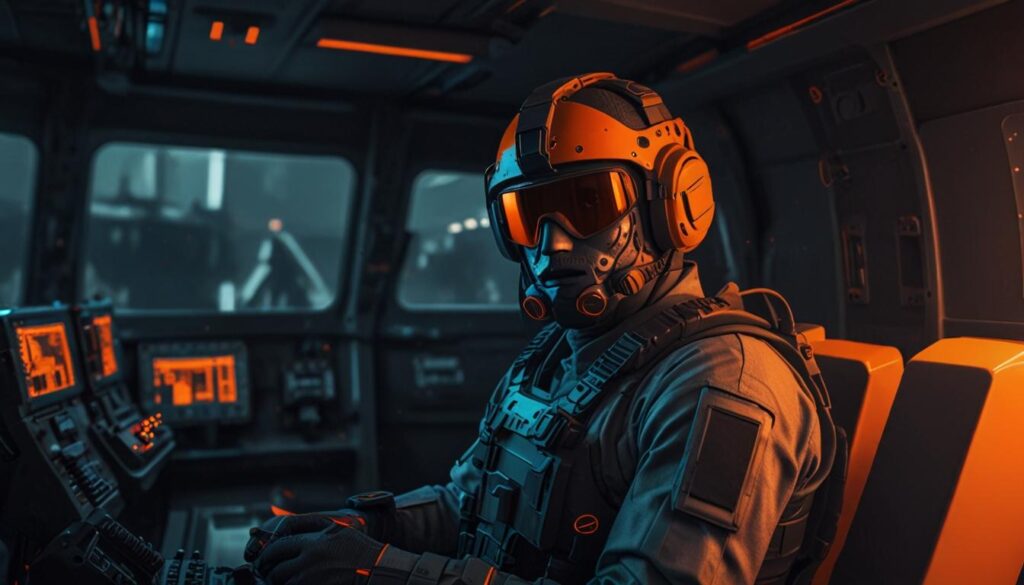Artificial Intelligence is revolutionising modern warfare, with countries investing in AI technologies for military gain. From autonomous drones to AI-enabled vehicles, the integration of AI in military operations offers benefits and poses ethical concerns, requiring international regulations to guide its use.
Artificial Intelligence (AI) is significantly transforming the landscape of modern warfare. Countries worldwide are investing in AI technologies to enhance their military capabilities. The conflict in Ukraine exemplifies the extensive use of AI-driven weaponry, involving technologies like autonomous drones used for surveillance and attack, which reduces human risk and increases operational efficiency.
AI integration in military operations is reshaping battlefield dynamics. Autonomous systems such as drones and unmanned vehicles operate with exceptional precision and speed, making rapid, data-driven decisions. Examples include the Ukrainian defense forces deploying AI-enabled drones and the US Navy’s autonomous vessel, Sea Hunter.
While AI offers strategic advantages like enhanced targeting precision and 24/7 operational capability, it also presents ethical and legal challenges. These include accountability for AI decisions, the ethical implications of machines making life-and-death decisions, and the potential for unintended escalation due to AI misinterpretations.
Case studies demonstrate the varied use of AI in military applications. The US Department of Defense’s Project Maven uses AI to analyze drone footage, while Russia’s Uran-9 and China’s Ziyan Blowfish A3 show advancements in autonomous ground and aerial combat vehicles, respectively.
As AI continues to evolve, international regulations are necessary to govern the development and use of autonomous weapons. Collaborative efforts between human operators and AI systems could enhance decision-making and operational effectiveness, shaping the future of military engagements in the 21st century.










